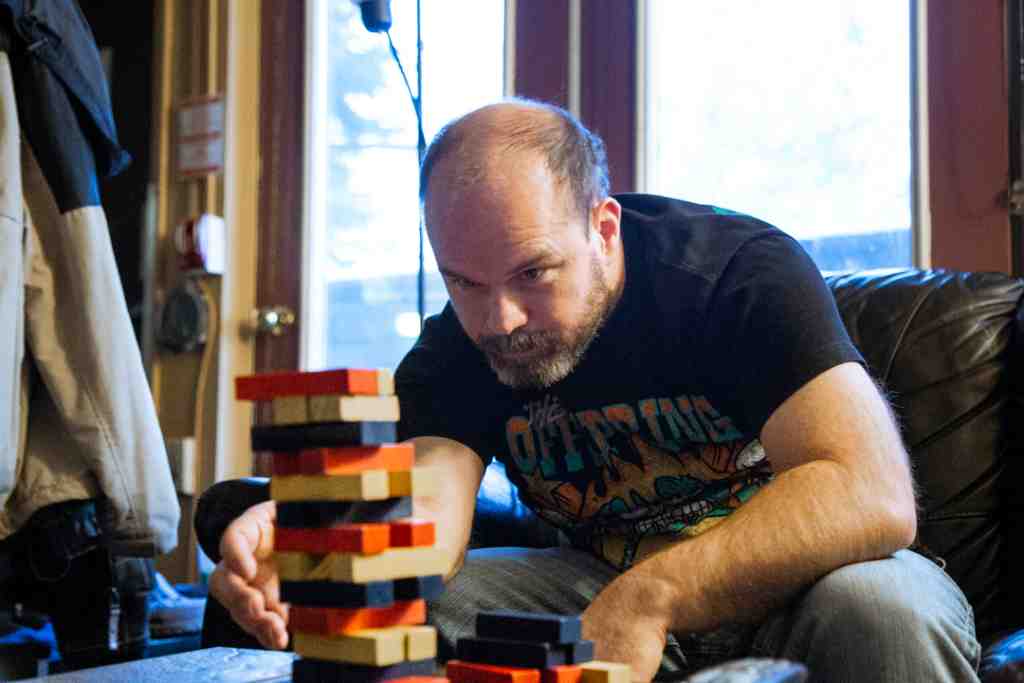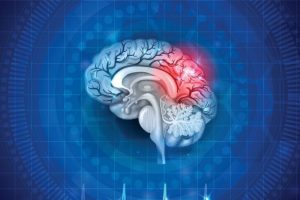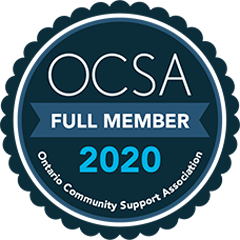3-D Brain - Interactive
The G2C Brain is an interactive 3-D model of the brain, with 29 structures that can be rotated in three-dimensional space. Each structure has information on brain disorders, brain damage, case studies, and links to modern neuroscience research.
DEFINITION OF ABI
Developed by the Clinical Data Working Group of the Toronto ABI Network and adopted by their Advisory Committee
TYPES OF HEAD INJURY
Describes the different types of brain and head injuries, including the complication and recovery process.
PHYSICAL CHANGES
Describes how brain injury may lead to physical changes which can be temporary or permanent, severity and location of the brain injury.
COGNITIVE CHANGES
Describes how cognitive changes after brain injury can affect the way a person thinks, learns and remembers.
EMOTIONAL/BEHAVIOURAL CHANGES
Describes changes in a person's emotional reaction or behaviour after a brain injury, often the most difficult for the individual and families to deal with.
HORMONAL CHANGES
Describes some of the common issues as they relate to hormonal changes following an aquired or traumtic brain injury.
FUNCTION & SYMPTOMS
Describes brain anatomy, its functions and symptoms following an aquired or traumtic brain injury.
3D BRAIN INTERACTIVE
Information on disorders, brain damage, case studies, and links to modern neuroscience research.
BRAIN STIMULATION
Describes the anatomy of the brain and its function with a special interactive feature.
Ranchos Los Amigos Scale
Describes this medical scale used to assess individuals after a brain injury, based on cognitive and behavioural presentations as they emerge from coma.
STATISTICS
Download the PDF document and view the staggering true numbers - and see how it compares with other health conditions.





